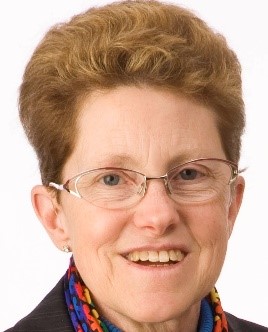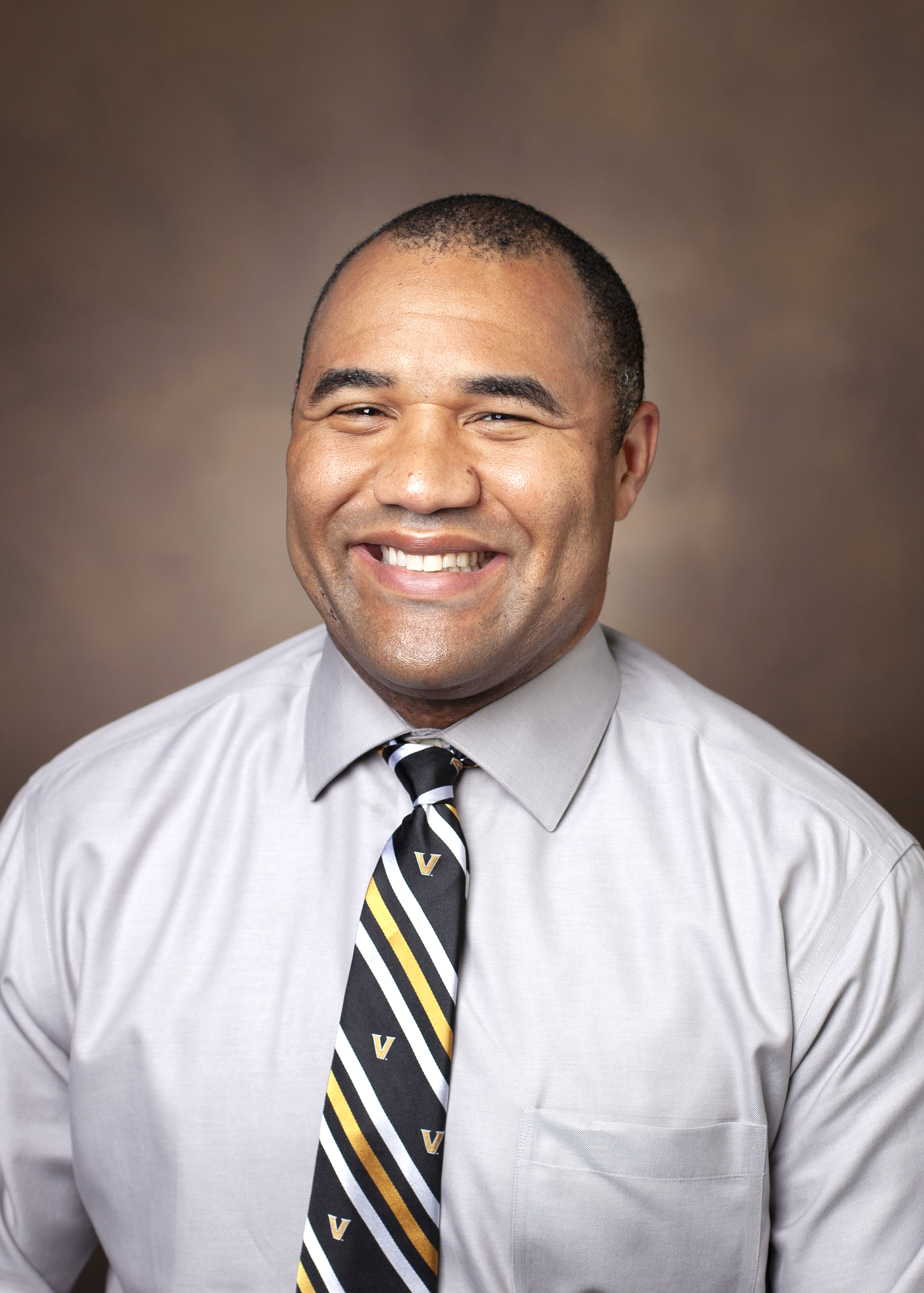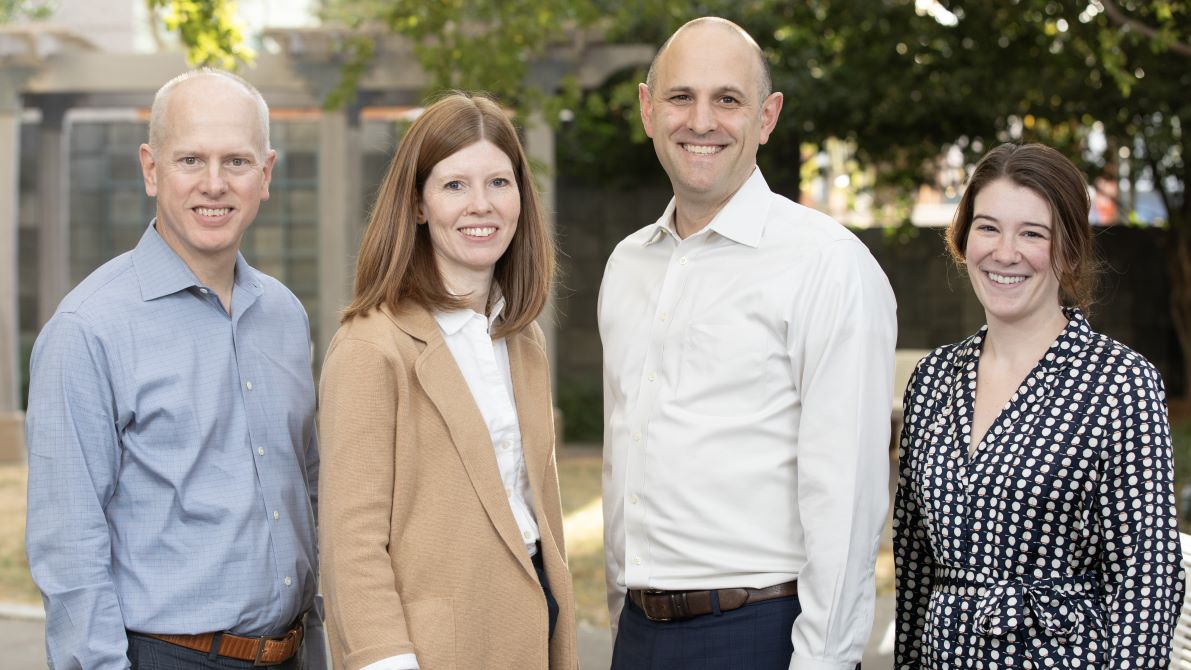The Division of Academic General Pediatrics generates new knowledge that addresses important public health problems affecting children such as obesity, asthma and medication use. We conduct research of the highest quality that advances practice and policy to improve the health of vulnerable populations of children locally, regionally and nationally.
Our primary goal is to generate new knowledge to improve children's health. We also strive to provide exemplary training, with particular emphasis on training fellows to conduct research of the highest quality.
One of our most significant objectives is to disseminate and translate findings to advance practice and policy. To that end, we include dissemination efforts on each project as an explicit part of the protocol and prioritize projects that are likely to result in specific translation to improve health outcomes. We endeavor to provide contributions to research methodologies that address public health problems and translation.
Our faculty conduct research in pediatric obesity, medication use, asthma genetics and health policy and translation of evidence into practice and policy. Our research addresses the specific problems of vulnerable populations and health disparities. Our faculty researchers have secured funding from the NIH, multiple foundations and state grant mechanisms.
Please browse the sections below to learn more about our research initiatives and our faculty's research projects.
-
Broadly, the research conducted by faculty in our division focuses on “Kids in Context.” Our collective research efforts, funded by multiple granting agencies including federal and non-federal sources, have contributed to the evidence base that elucidates how biological and social contextual factors contribute to the development of childhood disease. As pediatricians, we are firmly committed to disease prevention, early intervention, and health promotion across the child’s lifespan.
-
The Division of Academic General Pediatrics has multiple fellowship-trained faculty who are independently funded physician-scientists. Through our fellowship program, we are committed to training the next generation of child health researchers. We have a long track record of effective mentoring, collaborative research, and supporting junior investigators in the early phases of their careers.
-
Patients are the heart of our research; therefore, we endeavor to engage our patients through every phase of research – from planning, to recruitment, to dissemination of findings. We are committed to listening to and engaging with our patients and community to inform our efforts as we collaborate to conduct cutting-edge clinical translational research of the highest quality. We engage with our community through various avenues, including patient advisory panels, community advisory boards, and the Nashville Collaborative, a partnership between the Division of Academic General Pediatrics and Parks and Recreation, and more than 10 community partners to develop and implement pragmatic potentially sustainable approaches to improve the health of children and families in their communities.
-

Ellen Wright Clayton, MD, PhD
Dr. Ellen Clayton is a member of the National Academy of Medicine and a founding member of its Standing Committee on Reproductive Health, Equity, and Society. At VUMC, she is a Craig-Weaver Professor of Pediatrics, a Professor of Health Policy, a co-founder of the Center for Biomedical Ethics and Society, and a Professor of Law at Vanderbilt. Her research focuses on the ethical, legal, and social implications of the conduct and translation of genomics research into clinical care. She is the co-PI of a transdisciplinary Center for Excellence in ELSI Research focusing on Genetic Privacy and Identity in Community Settings and of a project that seeks to define the legal framework for genomics. In addition, she has been involved in the eMERGE consortium assessing the impact of returning genomic results, and currently working on ethical issues in the development and use of artificial intelligence and machine learning.
Click here to learn more about Dr. Clayton’s research.

William O. Cooper, MD, MPH
Dr. Bill Cooper is the Cornelius Vanderbilt Endowed Professor of Pediatrics. He is a pediatric pharmaco-epidemiologist with specific expertise in population-based studies of medication use in children and pregnant women. His research has focused on assessing the safety of medications for a variety of vulnerable populations, including studies of adherence to therapies and guideline recommended screening.
Click here to learn more about Dr. Cooper’s research.

James Gay, MD, MMHC
Dr. Jim Gay is a Professor of Pediatrics. Dr. Gay’s research interests focus on quality of care in hospital settings, specifically home health services, the growing population of patients with primary mental health conditions admitted to acute care hospitals, and the study of pediatric readmissions.
Click here to learn more about Dr. Gay’s research.

William J. Heerman, MD, MPH
Dr. Bill Heerman is an Associate Professor of Pediatrics. He is the Director of the Division of Academic General Pediatrics and Program Director for the Academic General Pediatrics Fellowship. He co-leads the Epidemiology Track of Vanderbilt’s Master in Public Health Program. His research focuses improving maternal-child health outcomes related to obesity in communities through the development and implementation of behavioral interventions to support healthy childhood growth. He has a particular focus on low-income and minority populations. He is board certified in Internal Medicine and Pediatrics and is committed to creating multi-generational solutions to health disparities.
Click here to learn more about Dr. Heerman’s research.
Ellen McMahon, MD, MPH
Dr. McMahon's research focuses on adverse childhood experiences (ACEs) and the design and implementation of multi-level interventions aimed at reducing lifetime disease risk and population-level health disparities associated with trauma and environmental stress in childhood. She implements community-engaged strategies throughout the research process, including the early involvement of Community Advisory Boards, to maximize cultural appropriateness and fit, effectiveness, sustainability, and scalability of health behavior interventions in children at disproportionate risk of ACEs-related disease.
Click here to learn more about Dr. McMahon's research.

Colin Orr, MD, MPH
Dr. Orr is a board-certified general pediatrician and health services researcher. Dr. Orr’s research program focuses on understanding and addressing the social drivers of health, with a focus on food insecurity, on the growth and nutrition of children by designing and testing multi-faceted behavioral interventions in the primary care setting.
Click here to learn more about Dr. Orr's research.

Seth Scholer, MD, MPH
Dr. Seth Scholer is a Professor of Pediatrics. His research has focused on the prevention of child abuse and improving population health. He has developed, and successfully implemented brief, a clinic-based assessment tool (Quick Parenting Assessment (QPA)) and an intervention (Play Nicely) to support parents in their use of healthy discipline strategies. Dr. Scholer’s research has implications for reducing rates of many mental and physical health problems associated with Adverse Childhood Experiences (ACEs). In addition, he serves on national advocacy boards and contributes to the development of child health policy in this area.
Click here to learn more about Dr. Scholer’s research.

Julie Lounds Taylor, PhD
Dr. Julie Taylor is a Professor of Pediatrics and Co-Director of the Vanderbilt Kennedy University Center for Intellectual and Developmental Disabilities. The goal of Dr. Taylor’s research program is to understand how to promote positive outcomes in adulthood for individuals with intellectual/developmental disabilities and their families. Much of her current work focuses on the transition to adulthood for youth on the autism spectrum.
